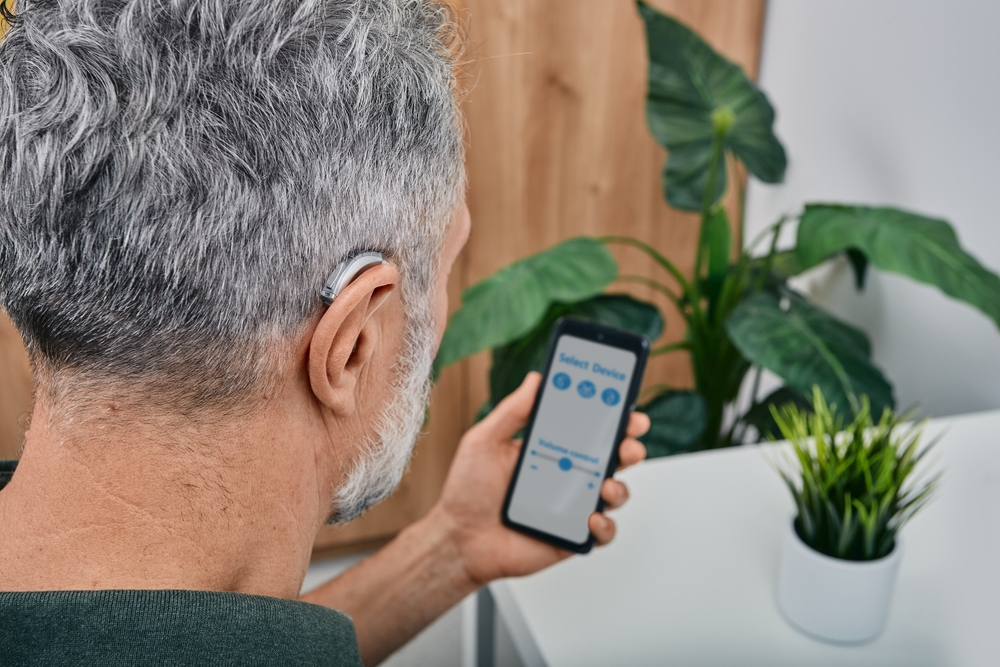
Even slight hearing loss can significantly impact everyday life, affecting relationships with friends, family, and co-workers, as well as complicating regular tasks such as grocery shopping. However, the introduction of well-calibrated hearing aids can promote transformative changes.
Top ten reasons to get hearing aids
While the primary advantage of hearing aids is obvious, improved hearing, their effect goes far past basic auditory enhancement. Let’s explore the comprehensive advantages that wearing hearing aids can provide.
Improved relationships and communication
Personal relationships rely on the ability to communicate clearly. Neglected hearing loss often leads to missed conversations and misunderstandings, which can strain relationships. Feelings of separation and stress will be reduced and your ability to communicate with others will be improved by using hearing aids.
Being more independent
Basic tasks like purchasing groceries or eating out can become difficult with untreated hearing loss, as barriers to communication could arise. Your ability to understand speech and hear in various settings will be empowered by hearing aids, allowing you to navigate these situations more independently. This newfound independence extends to activities like driving, where improved situational awareness leads to safer experiences.
Possibility of earning more
Effective communication is key when you’re dealing with professional situations. Untreated hearing loss can hamper your ability to take part in meetings or discussions completely, potentially impacting job performance and career development. By using hearing aids, you can remain engaged and alert, boosting your productivity and opening doors to career opportunities.
Discomfort From Tinnitus Can be Reduced
Hearing loss is commonly accompanied by tinnitus symptoms or ringing in the ears. Many individuals find that using hearing aids helps mask tinnitus sounds, offering relief and improving all-around comfort.
Cognitive decline can be mitigated
Some research has revealed a connection between untreated hearing loss and cognitive decline, including dementia. By managing hearing loss with hearing aids, you may reduce the risk of cognitive impairment and maintain better overall brain health.
The enjoyment of music
The perception of music will be less pleasurable if hearing loss is altering your perception of it. Hearing aids restore the richness and depth of musical sounds by compensating for gaps in frequency, allowing you to rediscover the excitement of listening to your favorite songs.
Increased confidence
Clear hearing fosters confidence in social connections and professional situations alike. Your overall quality of life will be improved and you will feel more competent when you can communicate better.
Increased energy levels
Neglected hearing loss forces the brain to work extremely hard to fill in missing sound which can be mentally exhausting. Hearing aids decrease this strain, giving you mental relief and allowing you to enjoy activities without feeling continuously tired.
Increased safety and awareness
Whether you’re driving an automobile or crossing the road, being aware of your surroundings is a vital part of safety. Environmental sounds can be restored by hearing aids, ensuring that your reaction to things like alarms and approaching vehicles is safe and appropriate.
Establishing an example that is positive
Embracing hearing aids demonstrates a proactive approach to health and well-being, establishing a positive example for other people dealing with similar difficulties. It inspires people around you by revealing a commitment to personal improvement and growth.
Schedule a hearing test today
While the main advantage of hearing aids is to boost auditory perception, the ripple effects on various facets of life are profound. Hearing aids are a positive step to a better quality of life, whether that means increased independence, stronger cognitive health, enhanced relationships, or a mix of these.
Take the first step towards better hearing today by scheduling a hearing assessment with us.

